Based out of Williams Lake, Terraforma Environmental Ltd. is a leader in innovative reforestation and reclamation work. New solutions to reclamation include the use of pines and other early seral (shrubs, such as ceanothus, and hardwoods, usually in tree form, such as red alder, bitter cherry and big leaf maple) species as well as soil microbials to direct the process of soil development towards post disturbance conditions.
In 2022, Terraforma President, Becky Bravi, successfully applied for a $50,000 Northern Industries Innovation Fund rebate to undertake proof of concept research for microbial fermentation. Microbial fermentation is a new and emerging area of technology whereby micro-organisms are optimized to produce large amounts of intermediaries such as food supplements, pharmaceutical products and other important compounds.
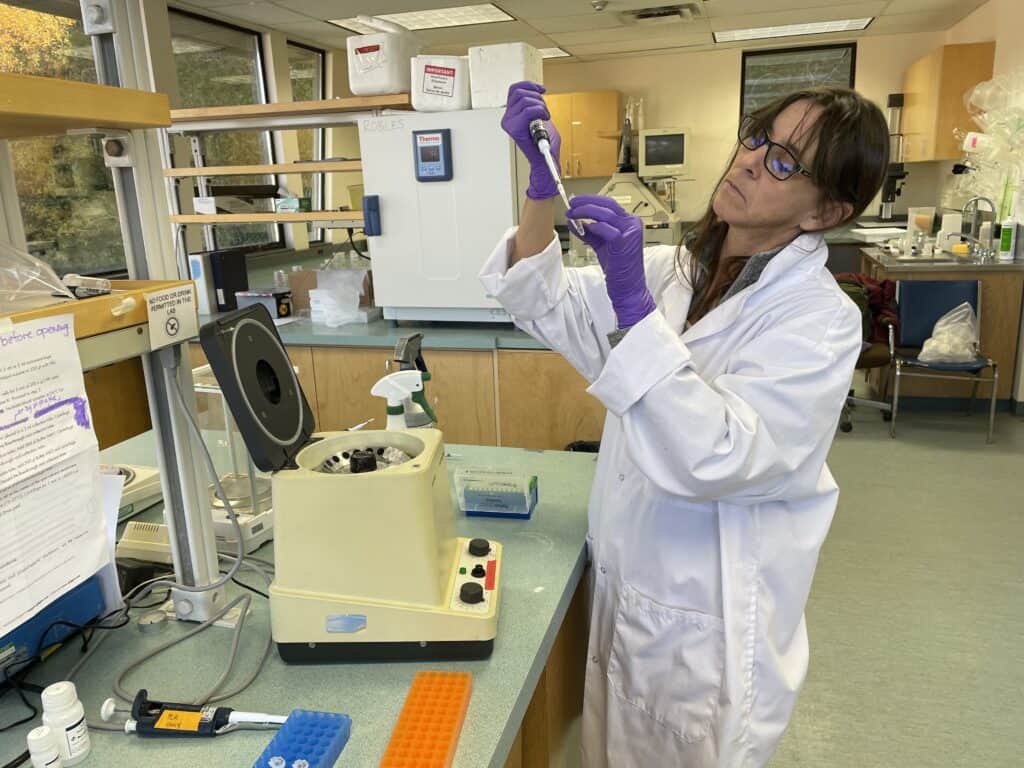
The biggest gains to be had in this emerging area of technology are from the discovery and optimization of new organisms and utilizing them to create circular economies – consuming industrial waste etc., while producing high quantities of valuable commercial products.
During this project, Terraforma focused on gathering and isolating more than 20 types of tiny living organisms (microbes) that can both produce useful substances and break down industrial waste. These organisms were then frozen and stored at the University of Laval in Montreal to keep them safe for future studies.
DNA was extracted from all the collected microbes to determine which ones were unique, which ones were similar to each other, and which ones had been found by other scientists before. This was completed using techniques that help look at specific parts of their genetic material.
Terraforma also experimented with different nutrient mixes to find the best ones to help these microbes grow immediately. These mixes were then improved to help the microbes grow even better during experiments.
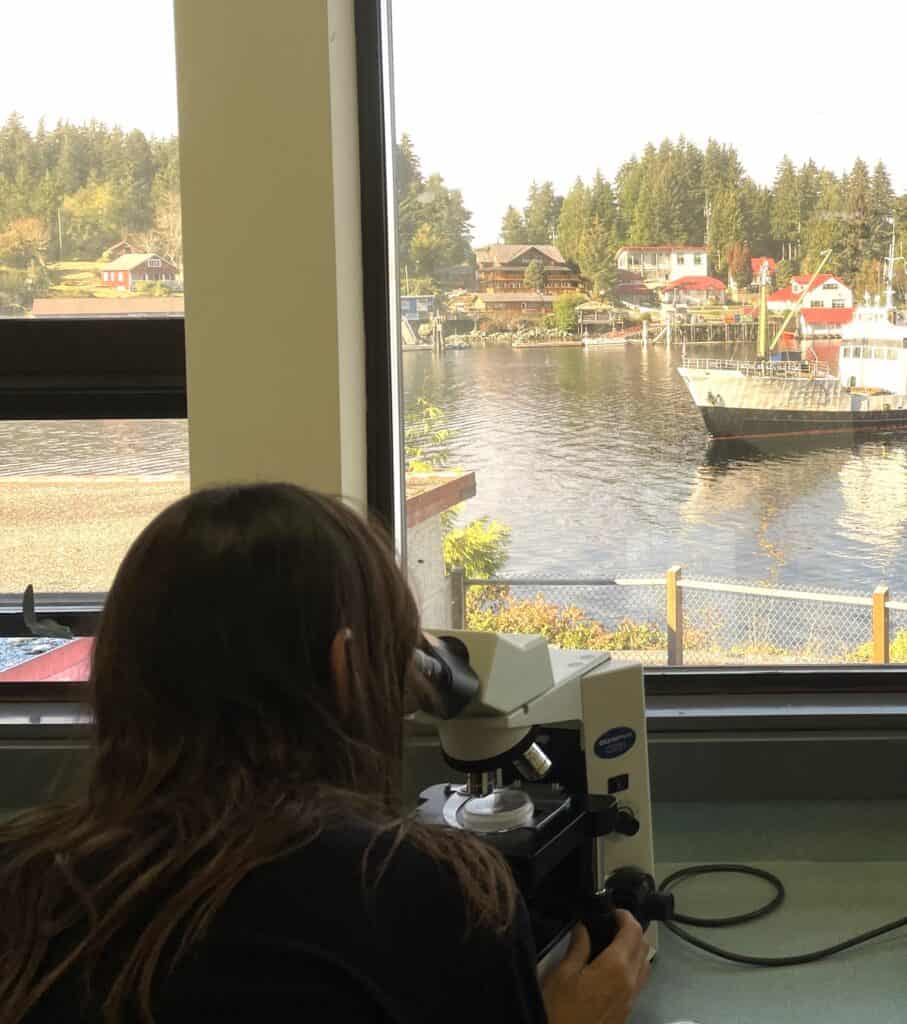
Experiments were conducted in Montreal with 18 of these microbes to see how much they grow and what kind of nutrients they use. Terraforma discovered that several microbes can produce important nutrients, like EPA and DHA (which are not commonly found together), making them great for creating Omega-3 supplements for animals and people. Also, one type of microbe could produce a substance that might be used to make biodiesel, a type of renewable energy.
From these experiments, Terraforma determined how to grow these microbes in a controlled way, which is a good starting point for making these processes work on a larger scale. While there is still more to learn, this project revealed that the idea could work and possibly lead to commercial products.
“The next steps include testing each organism’s ability to consume specific industrial waste products and identifying the metabolites produced when and if they do so,” said Bravi.
The objective of the Northern Industries Innovation Fund to support diversification and expansion through innovative projects that increase the competitiveness of local businesses in traditional industries across Northern B.C.
